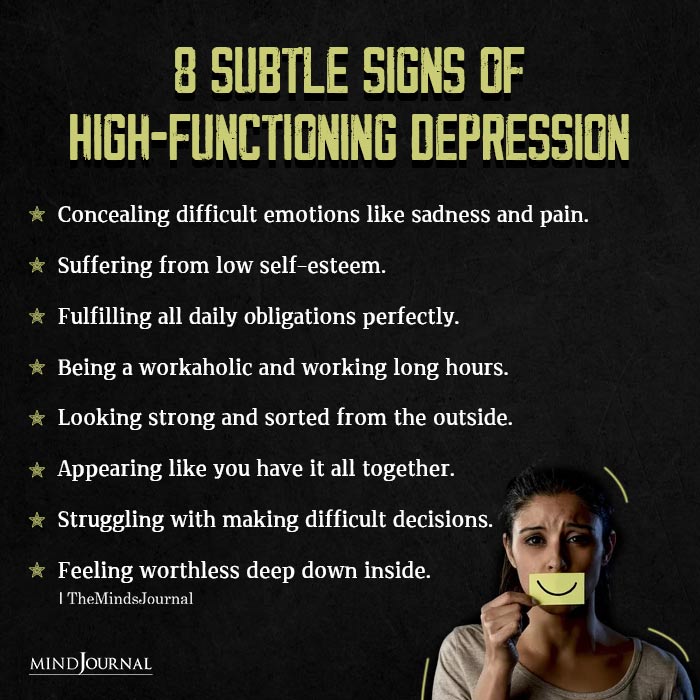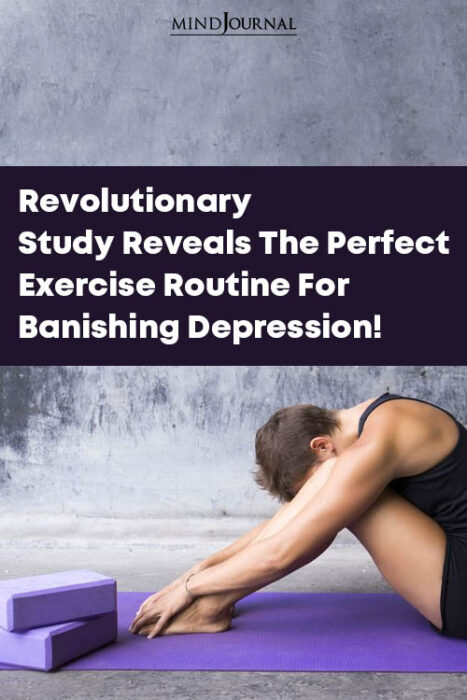A new study has shed light on the exercise requirements for depression, particularly those affected by conditions commonly associated with the disorder.
According to the research, even as little as 20 minutes of moderate physical activity a day for five days a week can significantly reduce the risk of depressive symptoms in people over the age of 50 who have conditions such as diabetes, heart disease, and chronic pain.
However, the study highlights that individuals without chronic diseases may need to engage in moderate to vigorous exercise for two hours a day to observe improvements in depressive symptoms.
These findings, published in the journal JAMA Network Open, provide valuable insights into tailoring exercise interventions affected by depression for different populations.
Read more here: The Terrifying Truth: Memories Of Childhood Abuse Affects Mental Health And Have Greater Impact Than The Experience Itself, Says Recent Studies
What Are The Exercise Requirements For Depression? The Impact Of Chronic Diseases On Depression
Depression is linked to various chronic conditions. Diabetes UK reports that people with diabetes face twice the risk of developing depression.
Similarly, a 2017 study found that heart disease patients who experience depression after their diagnosis are twice as likely to die.
Furthermore, up to 85% of individuals suffering from chronic pain also experience severe depression, as highlighted in a separate study conducted in 2017.
Read more here: Loneliness Is Dangerous, More Than A Bad Diet, Smoking, Or Depression, Says New Study
Exercise Requirements Vary Based On Chronic Conditions
The study conducted by researchers at the University of Limerick in Ireland followed more than 4,000 Irish adults with an average age of 61 over a period of 10 years.
Participants were assessed every two years, reporting their physical activity levels and undergoing tests to determine depressive symptoms.
The study found that individuals with chronic diseases who engaged in 20 minutes of moderate exercise a day, five days a week, had a 16% lower rate of depressive symptoms and a 43% lower risk of major depression compared to those who did not exercise.
However, for individuals without chronic diseases, engaging in two hours of moderate to vigorous exercise a day yielded the most significant benefits, with a 23% reduction in depressive symptoms and a 49% lower risk of major depression.

Symptoms Of Depression
Depression is characterized by a range of symptoms that impact an individual’s mental and physical well-being.
- Difficulty concentrating
- Restless sleep
- Persistent sadness
- Feelings of hopelessness
- Loss of interest in activities
- Changes in appetite resulting in weight gain or loss
- Thoughts of suicide
Remember, it is crucial to recognize these symptoms and seek the necessary support or treatment.
Read more here: 7 Warning Signs Of Depression That You Need To Know
Exercise As An Effective Treatment For Depression

The study’s findings reinforce the strong link between exercise and reducing depressive symptoms, consistent with previous research.
A systematic review and meta-analysis conducted in 2022 revealed that just 2.5 hours of brisk walking per week reduced depressive symptoms by 25%. Additionally, engaging in half that amount lowered the risk of depression by 18%.
Another extensive review published in February highlighted that physical activity is 1.5 times more effective than antidepressant medications or cognitive behavior therapy in reducing stress, anxiety, and mild-to-moderate symptoms of depression.
Read more here: 5 Mental Health Benefits of Exercise
The Importance Of Exercise For Overall Health
Exercise not only alleviates depression but also contributes to overall health and well-being. Regular physical activity helps maintain optimal bodily functions, strengthens the immune system, and reduces the risk of various diseases.
Combined with a plant-based diet, sufficient sleep, stress management, and social connections, exercise forms a vital component of a holistic approach to health.
The study emphasizes the exercise requirements for depression treatment, highlighting the impact of specific chronic conditions on the effectiveness of exercise interventions.
Engaging in as little as 20 minutes of moderate physical activity a day can significantly reduce depressive symptoms in individuals with conditions like diabetes, heart disease, and chronic pain.
However, those without chronic diseases may need to dedicate two hours a day to moderate to vigorous exercise to observe improvements in depression.
These findings provide valuable insights for healthcare professionals and individuals seeking to tailor exercise interventions based on their unique circumstances, ultimately promoting mental well-being and overall health.









Leave a Reply
You must be logged in to post a comment.